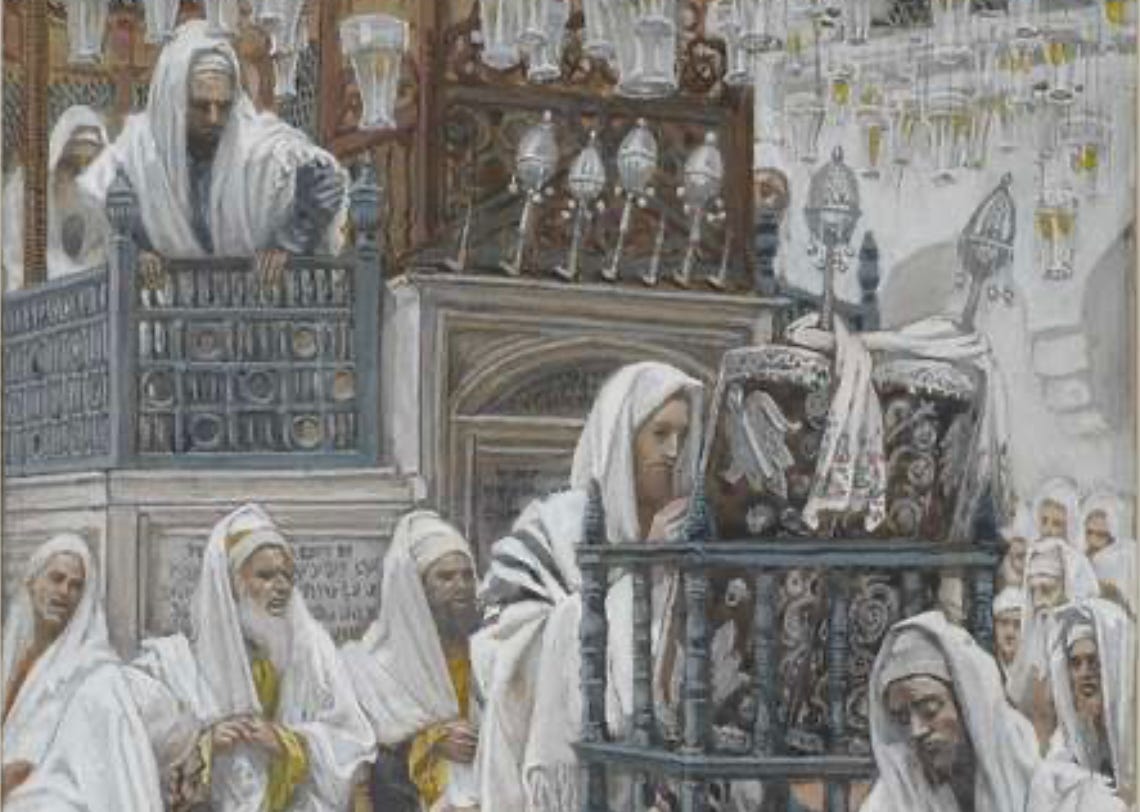Introduction
Pope Francis released his first major teaching letter, referred to by its Latin title Evangelii Gaudium (The Joy of the Gospel) in 2013, the first year of his papacy. He draws on the image of Jesus found in the Gospel passage below and he reminds “the Christian faithful” that “Spirit-filled evangelisers are evangelisers who pray and work” (Evangelii Gaudium, 262).
Pope F rancid warns the Christian faithful against focusing on prayer to the exclusion of the work to be done, which can be summarised as the corporal and spiritual works of mercy.
He then addresses the situation in which people focus on the work to be done, but neglect prayer. He concludes that work done without commitment to being a prayerful person is “meaningless.”
Pope Francis provides a solution that avoids the excesses outlined above: “What is needed,” he states, “is the ability to cultivate an interior space which can give a Christian meaning to commitment and activity.”
May this Gospel Enquiry provide you with an opportunity to cultivate your interior space.
The Gospel
Jesus, with the power of the Spirit in him, returned to Galilee; and his reputation spread throughout the countryside. He taught in their synagogues and everyone praised him.
He came to Nazara, where he had been brought up, and went into the synagogue on the sabbath day as he usually did. He stood up to read and they handed him the scroll of the prophet Isaiah. Unrolling the scroll he found the place where it is written:
The spirit of the Lord has been given to me,
for he has anointed me.
He has sent me to bring the good news to the poor,
to proclaim liberty to captives
and to the blind new sight,
to set the downtrodden free,
to proclaim the Lord’s year of favour.
He then rolled up the scroll, gave it back to the assistant and sat down. And all eyes in the synagogue were fixed on him. Then he began to speak to them, ‘This text is being fulfilled today even as you listen.’ And he won the approval of all, and they were astonished by the gracious words that came from his lips. (Luke 4:14-22)
The Enquiry
See
What does Jesus achieve through the presence of the Holy Spirit in his life? What does “the power of the Spirit in him” look like?
What are “gracious words” like? What does Jesus say to people that can be called “gracious”? When have you heard or used such words? What impact did they have on you / on others?
What does Luke tell us about how people responded to Jesus’ ministry? Why do they respond to Jesus in this way?
Judge
Jesus uses the prophet Isaiah to describe his mission. Does his description ring true with what you have experienced of the Christian vocation?
What does your faith tell you about what it means to be a Christian? How is your faith supported and/or challenged by what St Luke reports about Jesus in this event?
What would the world be like if every baptised person embraced their mission in the way that Jesus carries out his mission?
Act
What change do you want to make so that followers of Jesus will embrace their mission to evangelise the world?
What action can you carry out this week that will contribute to the change you would like to see?
Who can you involve in your action, when, how often and how?
Image source: Brooklyn Museum: Jesus unrolls the Book of the Prophet Isaiah, Picryl, Public domain.
Worth reading: Pope Francis (2013). Evangelii Gaudium.


